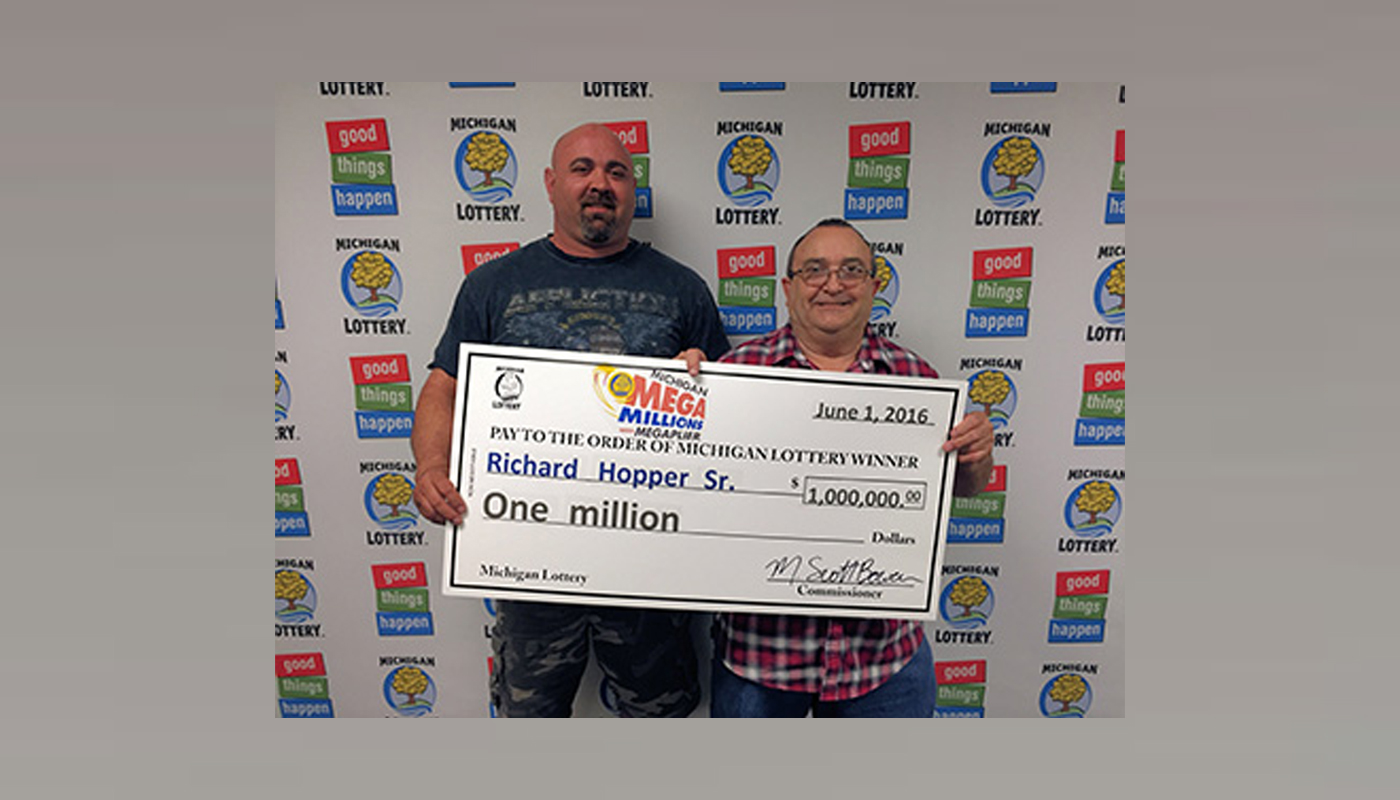
News writer, Interviewer
What happens when billion-dollar jackpots disappear? The Massachusetts State Lottery just found out.
The Commonwealth generated $1.065 billion in net profit during fiscal year 2025, marking the fifth straight year above the billion-dollar mark. But dig deeper, and the story gets interesting.
The tale of two lottery worlds
Massachusetts Lottery revenues dropped to $5.962 billion, down $206.8 million from last year's record $6.168 billion. During this time, Powerball and Mega Millions took a nosedive.
Powerball sales fell $121.1 million. Mega Millions dropped $36.4 million. Together, these jackpot games account for over 75 percent of the state's lottery revenue decline.
The reason is simple. Fiscal year 2025 produced just one billion-dollar jackpot—a $1.22 billion Mega Millions prize hit in December 2024. Compare that to fiscal year 2024, which delivered five jackpots exceeding $1 billion.
Without those massive prizes dangling in front of players, ticket sales stumbled.
Keno's surprising surge
While Powerball and Mega Millions struggled, Keno quietly broke records. Sales reached $1.285 billion, a 2.69 percent increase over the previous year's $1.252 billion.
This marks the highest sales total since Keno launched in Massachusetts in 1993. The game has evolved significantly since then, adding Keno-to-go in 2008 to let players buy tickets at retailers without monitors.
Why is Keno thriving when other games falter? The answer lies in its structure.
The psychology behind Keno's success
Keno drawings happen every three minutes from 5:04 AM to 1:01 AM. Players don't wait days or weeks for results. They get instant gratification.
The game offers flexibility that other lotteries can't match. Players choose one to twelve numbers from 1-80, wager anywhere from $1 to $20, and can play up to 100 consecutive drawings with the same numbers.
The optional Keno Bonus feature multiplies prizes up to 10 times for double the wager cost. This creates multiple ways to win without depending on astronomical jackpots.
Record payouts reward players
Massachusetts Lottery players won big in the fiscal year 2025. The prize payout percentage hit a record 74.07 percent, meaning $4.416 billion went directly to winners.
Players claimed 159 prizes worth $1 million or more, including 148 instant ticket prizes and three Megabucks jackpots. The largest single prize was a $1 million per year for life award from the $50 Lifetime Millions instant ticket.
What this means for the future
State Treasurer Deborah Goldberg praised the team's performance in "an ever-evolving and changing industry." The results prove Massachusetts can maintain billion-dollar profits even when national jackpot games struggle.
Keno's success suggests players want consistent action over sporadic mega-prizes. The game's frequent drawings and flexible betting options appeal to modern lottery customers who expect immediate results.
Executive Director Mark William Bracken noted that "record-setting Keno sales helped offset the significant drop in Powerball and Mega Millions sales that lotteries across the country have experienced."
Looking ahead
Can Keno maintain its momentum? The game's success in fiscal year 2025 suggests Massachusetts players prefer consistent, frequent opportunities to win over waiting for billion-dollar jackpots that may never materialize.
The lottery industry faces a fundamental question: Do players want life-changing jackpots or regular chances to win smaller prizes? Massachusetts data points toward the latter.
As other states watch their jackpot-dependent revenues fluctuate wildly, Massachusetts offers a different model. Diversified games like Keno provide stability when the big-ticket draws fall flat.
The Commonwealth's ability to exceed its $1.050 billion profit projection despite major game declines proves one thing: Smart lottery management doesn't depend on lightning striking twice.
















Comments